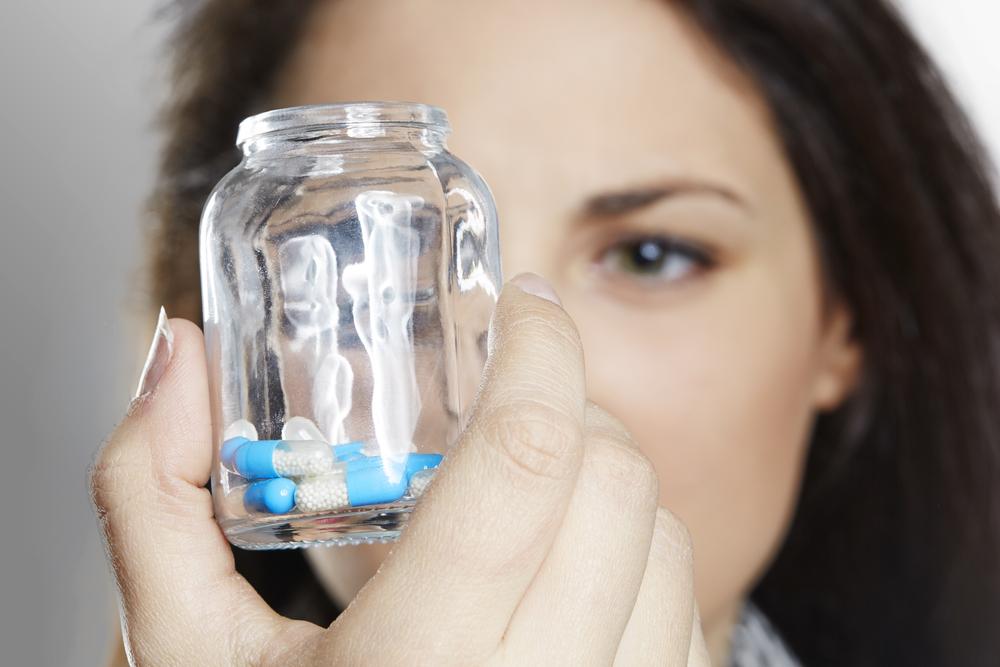Painkiller Addiction: Diagnosis and Treatment
Opioid or painkiller addiction is considered an epidemic in North America. According to statistics from the American Society of Addictive Medicine, overdose from prescription painkillers like Vicodin and OxyContin accounted for over 20,000 deaths in 2015.
Opioid-based painkillers, like OxyContin and Vicodin, are derived from the opium plant and also the foundation for illegal drugs, like heroin. Not only are these opioids extremely addictive, taking them for even for a brief time, can lead to addictive dependency.

In order to diagnose a painkiller addiction, a patient will have to be considered dependent on the drug. Doctors will often pose these questions to diagnose if a person is addicted or not:
- Do I take painkillers because I need them?
- Am I in pain that requires the use of painkillers?
- Is my dosage reasonable to my condition or is it out of necessity (i.e., to escape, feel good)?
- When don’t I take my meds do I experience addictive side effects (i.e., chills, shakes, nausea, headaches, etc.)?
Treating a painkiller addiction
If your physician determines that you’re addicted to opioids, he or she will recommend a treatment plan based on both the physical and emotional dependencies of your addiction, including:
- Addiction support
While many are embarrassed or believe they can overcome an addiction on their own, it’s very difficult to get a painkiller addiction under control by yourself with no support. Your doctor may recommend a supportive rehab or group narcotics anonymous group to help keep you control of your addiction. A sponsor or group can do a lot to help you stay positive and drug-free. - Ongoing healthcare check-ins
In addition to rehabilitation or group meetings for your painkiller addiction, your doctor may schedule check-ins to keep you communicating about your with addiction with professionals. - Counselling
Talking through your addiction, and the feelings and problems that led to it, can help you come to terms with the underlying causes, and let you discuss them in a confidential and safe environment. Counselling will also introduce coping strategies to help keep you drug-free. - Maintenance therapy
Following rehab, your doctor or counselor may recommend maintenance therapy, to help you resist using drugs as you integrate back into work, family life, and normal social activities. Maintenance therapy typically includes a maintenance drug (i.e., methadone, naloxone, buprenorphine or methadone) to help you avoid relapse. - Cognitive behavioral therapy
Cognitive behavioral therapy is a type of though replacement therapy used to treat addiction by identifying triggers that put you at risk of drug use. It also includes the development of coping strategies to help battle your addiction.